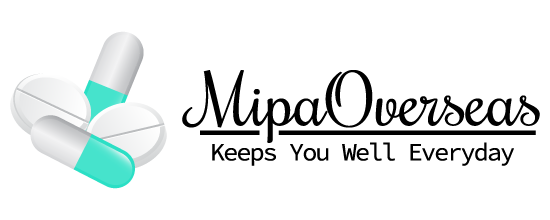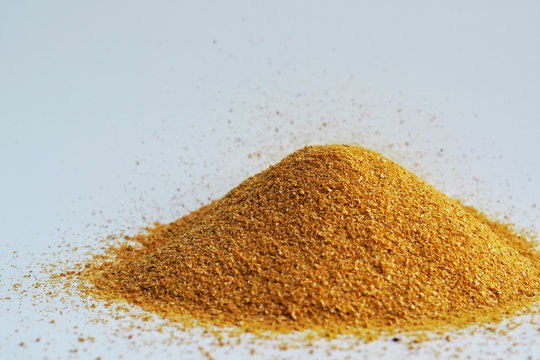Broiler starter feed is a specialized type of feed designed specifically for young broiler chickens, typically from the day they hatch until they are around 3 to 4 weeks old. This initial stage of feeding is crucial for providing the essential nutrients necessary for healthy growth and development during the early stages of the broiler’s life.
Here are some key characteristics and components of broiler starter feed:
- High Protein Content: Broiler starter feed is typically high in protein to support the rapid growth of broiler chicks. Protein is essential for muscle development and overall growth during the early stages of life. The protein content in broiler starter feed usually ranges from 20% to 24%.
- Balanced Nutrition: Besides protein, broiler starter feed contains a balanced blend of other essential nutrients, including vitamins, minerals, and amino acids, to support overall health and development. These nutrients are carefully formulated to meet the specific needs of young broiler chickens.
- Fine Texture: Broiler starter feed often has a finely ground texture to make it easier for young chicks to consume and digest. The fine texture also helps ensure uniform nutrient intake among the chicks, promoting even growth and development.
- Medication/Additives: Some broiler starter feeds may include medications or additives to prevent common poultry diseases or promote growth. These additives may include coccidiostats to control coccidiosis, antibiotics for disease prevention, or probiotics to promote gut health.
- Formulation Considerations: The formulation of broiler starter feed may vary depending on factors such as the genetic strain of broilers, environmental conditions, and specific production goals. Feed manufacturers may tailor their formulations to meet these specific needs and optimize growth and performance.
Broiler Starter Composition ?
- Protein Sources:
- Soybean meal: A primary source of high-quality protein.
- Fish meal: Provides essential amino acids and is highly digestible.
- Meat and bone meal: Another protein-rich ingredient derived from animal sources.
- Canola meal: Provides additional protein and energy.
- Energy Sources:
- Corn: A major energy source in poultry diets, providing carbohydrates.
- Wheat: Another common energy source that complements corn.
- Barley: Sometimes included in formulations for energy.
- Sorghum (milo): Provides carbohydrates and energy.
- Supplementary Ingredients:
- Fats and oils: Added to enhance energy density and improve palatability.
- Molasses: Used as a flavor enhancer and energy source.
- Rice bran: Provides additional energy and fiber.
- Dried whey: High in protein and lactose, beneficial for young chicks.
- Vitamins:
- Vitamin A
- Vitamin D
- Vitamin E
- Vitamin K
- Various B vitamins (e.g., thiamine, riboflavin, niacin, etc.)
- Minerals:
- Calcium: Essential for bone development and muscle function.
- Phosphorus: Important for bone health and metabolism.
- Sodium: Regulates fluid balance and nerve function.
- Potassium: Essential for muscle function and electrolyte balance.
- Magnesium: Involved in enzyme function and bone health.

